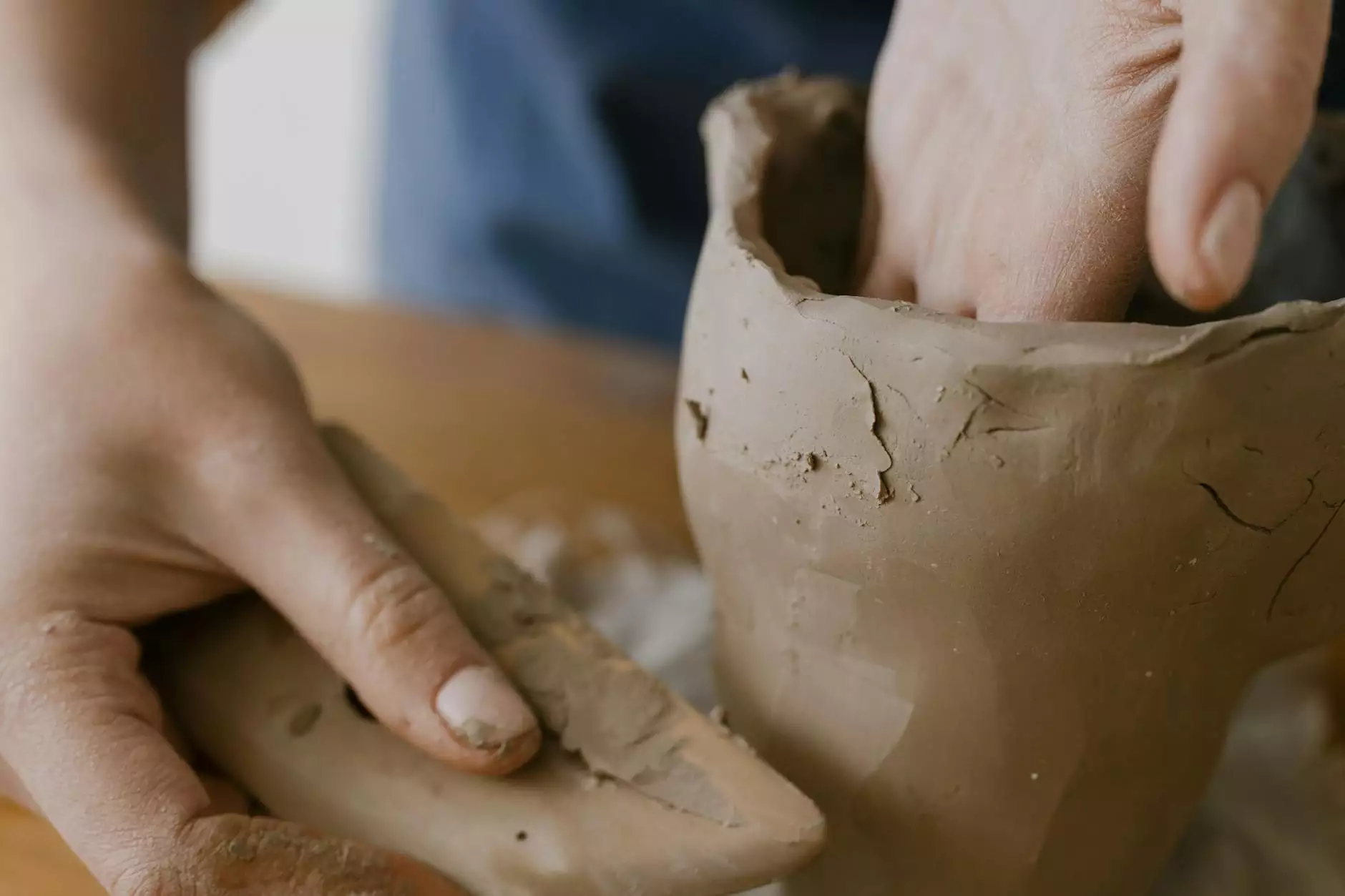The Essential Role of Mould Manufacturers in Modern Industry

In today's rapidly evolving industrial landscape, the role of mould manufacturers has never been more pivotal. With the increasing demand for precise and efficient manufacturing processes, businesses are turning to adept mould makers to bring their designs to life. This article delves into the intricacies of mould manufacturing, focusing on key aspects like plastic mold making and plastic injection mould manufacturing.
What are Mould Manufacturers?
Mould manufacturers are specialized companies that design, create, and maintain molds used in the manufacturing process. These molds play a crucial role in shaping materials such as plastics, metals, and glass into desired forms, making them indispensable across various industries, including automotive, consumer goods, and medical devices.
The Importance of Moulds in Production
In the realm of manufacturing, moulds serve as templates that dictate the shape, size, and surface quality of the finished product. Without accurate moulds, manufacturers would struggle to achieve the consistency and quality required in modern products. Here are some of the reasons why mould manufacturers are integral to production:
- Precision Engineering: Moulds are capable of extremely precise dimensions, which is crucial for the interoperability of various components.
- Cost Efficiency: By producing parts in bulk using moulds, businesses can significantly lower their manufacturing costs.
- Material Versatility: Mould manufacturers can work with a wide range of materials, allowing companies to choose the best option for their products.
- Innovation and Design Flexibility: Shortened lead times and prototyping capabilities enable companies to innovate rapidly.
Plastic Mold Makers: Crafting the Future of Manufacturing
Within the realm of mould manufacturers, plastic mold makers hold a special place. These professionals specialize in designing and crafting molds specifically for plastic products. The significance of plastic mold making cannot be overstated, as plastic is one of the most versatile materials used in manufacturing today.
Understanding Plastic Mold Making Processes
The process of plastic mold making involves several key stages:
- Design: This initial phase focuses on creating detailed designs and specifications for the mould, often using computer-aided design (CAD) software to ensure precision.
- Material Selection: Choosing the right material for the mould is critical. Common materials include steel and aluminum, each offering unique benefits depending on the application.
- Machining: Precision machining techniques are employed to shape the mould, ensuring that each part fits together perfectly.
- Testing: Before full production, prototypes are created to test the mould’s functionality. This phase helps identify any potential issues that could affect the final product.
- Production: Once the mould passes testing, it is used in the production process to manufacture plastic parts on a large scale.
Plastic Injection Mould Manufacturers: Driving Efficiency and Quality
Plastic injection mould manufacturers are specialists in creating molds that allow for the injection of molten plastic into shaped cavities. This process is widely used in the industry due to its efficiency and capability to produce high volumes of parts.
The Injection Moulding Process
The injection moulding process is a multi-step operation, including:
- Material Preparation: Plastic pellets are fed into the machine, where they are heated and melted.
- Injection: The molten plastic is injected into the mould under high pressure.
- Cooling: As the plastic cools, it solidifies, taking the shape of the mould.
- Ejection: Once cooled, the finished parts are ejected from the mould for further processing or assembly.
This process ensures that products are created with precision, durability, and consistency, which are critical factors in product development.
Quality Control in Mould Manufacturing
Quality control is a crucial aspect of the operations of mould manufacturers. Implementing stringent quality checks at every stage ensures that the final product meets required standards. Here are some of the important checkpoints:
- Material Inspection: Raw materials are inspected for consistency and quality to ensure that the moulds are produced from the best available resources.
- Dimensional Testing: Moulds undergo rigorous dimensional tolerance checks to verify precision before production.
- Surface Finish Examination: The surface finish of the mold is critical for the quality of the end products, requiring detailed checks.
- Functional Testing: Before full-scale production, test runs help confirm the mold operates correctly and produces high-quality parts.
Current Trends in Mould Manufacturing
The mould manufacturing industry is constantly evolving, with several trends shaping its future:
- 3D Printing and Additive Manufacturing: These technologies are being integrated into traditional mould-making processes, allowing for faster prototyping and reduced lead times.
- Automation: Increased automation in the production process enhances efficiency, reduces labor costs, and minimizes human error.
- Sustainability: Mould manufacturers are increasingly focusing on sustainable practices, striving to reduce waste and utilize eco-friendly materials.
- Smart Manufacturing: The integration of IoT (Internet of Things) in mould manufacturing enables real-time monitoring and predictive maintenance, optimizing productivity.
The Future of Mould Manufacturers
The future for mould manufacturers is bright, driven by innovation and the continuous demand for high-quality products. As industries evolve, the role of mould makers will increasingly be defined by their ability to adapt and integrate advanced technologies into their operations.
Conclusion
In conclusion, mould manufacturers are essential players in the industrial ecosystem, offering unparalleled expertise in plastic mold making and plastic injection mould manufacturing. As we look to the future, their ability to innovate and maintain quality will be critical in meeting the demands of a fast-paced market. The commitment of companies like Hanking Mould exemplifies the dedication to excellence that is necessary for success in this competitive field.
Understanding the complexities and capabilities of mould manufacturers not only highlights their importance but also emphasizes the potential for growth and innovation in manufacturing processes. As industries continue to evolve, staying informed about the advancements and practices in mould manufacturing will be vital for businesses looking to thrive.









